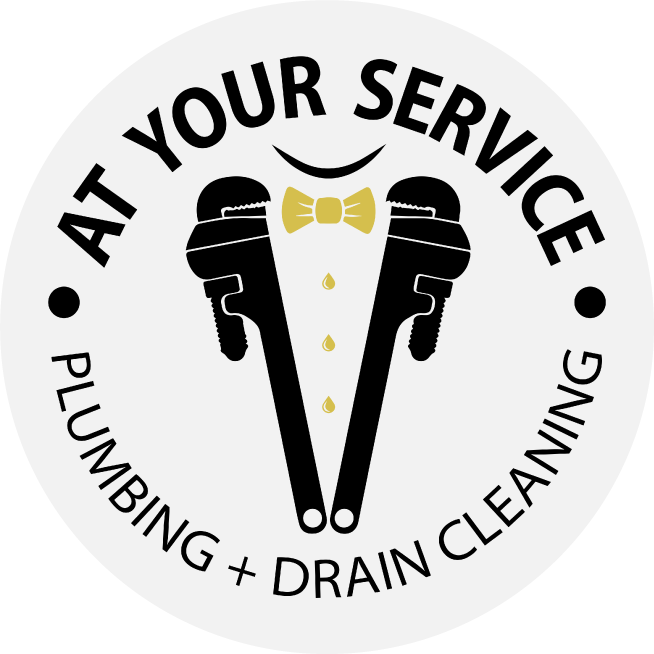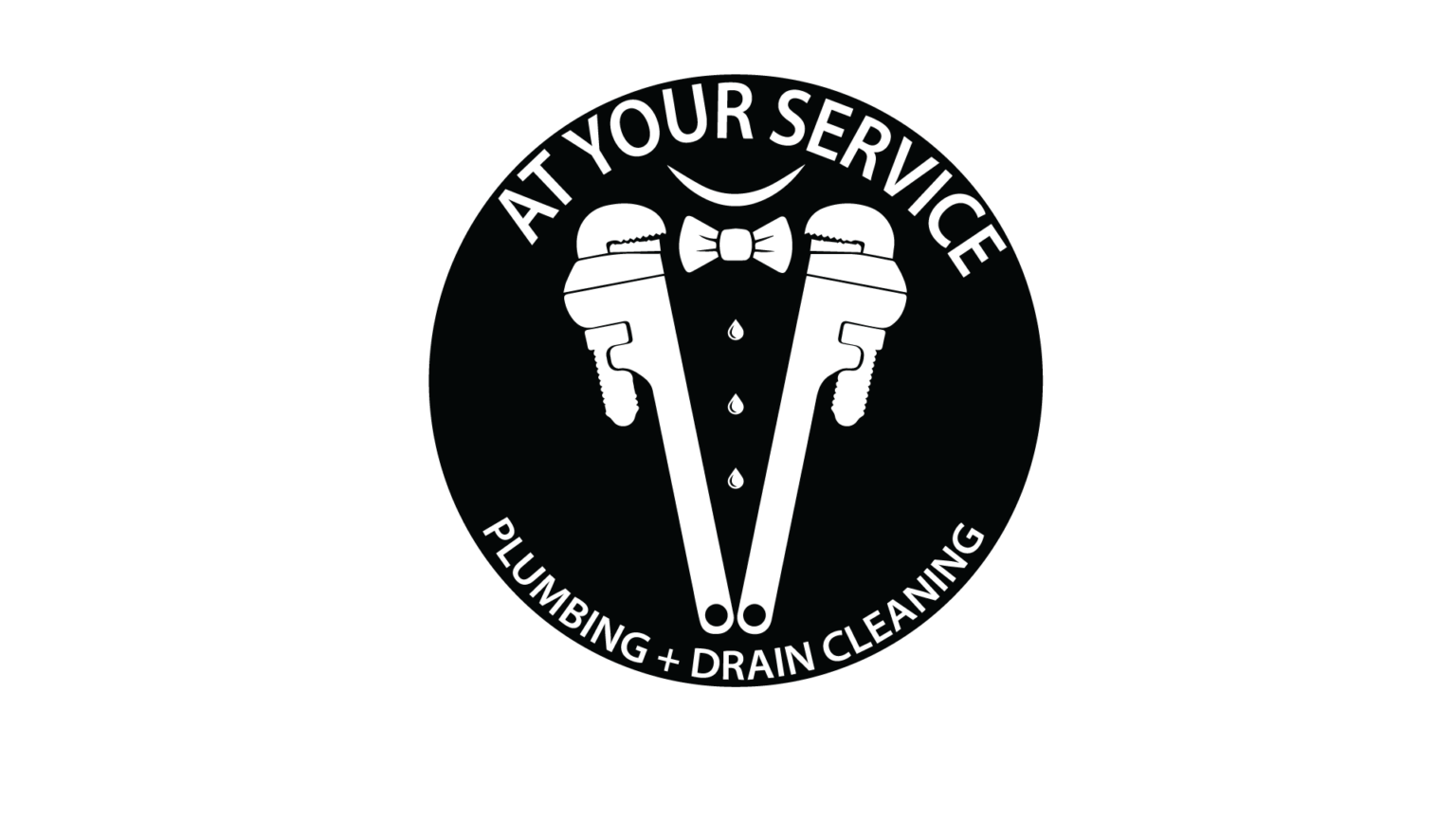
As the summer heat intensifies, so does the demand for water, often leading to higher water bills. However, with a few practical strategies, you can conserve water and reduce your expenses without sacrificing comfort. This article outlines effective ways to save water and lower your plumbing bills during the hottest months of the year.
Smart Irrigation Practices
Summer often means increased water usage for gardens and lawns. Efficient irrigation can make a significant difference in your water consumption.
Timing and Techniques
Water your plants early in the morning or late in the evening to reduce evaporation. This ensures that more water reaches the roots rather than evaporating in the heat. Deep watering encourages plants to develop deeper roots, making them more drought-resistant and reducing the need for frequent watering.
Efficient Systems
Consider installing a drip irrigation system, which delivers water directly to the plant roots, minimizing waste. Smart irrigation controllers adjust watering schedules based on local weather conditions, ensuring that your garden gets the right amount of water without overuse.
Indoor Water Conservation
Indoor water usage can spike during the summer months due to more frequent showers, increased laundry loads, and other activities. Implementing water-saving devices and habits can help mitigate this increase.
Low-Flow Fixtures
Replacing old showerheads and faucets with low-flow models can significantly reduce water usage without sacrificing performance. According to the Environmental Protection Agency (EPA), low-flow showerheads can save up to 2.5 gallons of water per minute.
Fix Leaks Promptly
Even small leaks can lead to substantial water loss over time. Regularly check faucets, toilets, and pipes for leaks and repair them promptly. The EPA estimates that fixing easily corrected household water leaks can save homeowners about 10% on their water bills.
Efficient Use of Appliances
Household appliances like washing machines and dishwashers can consume a lot of water, especially during summer when their usage often increases.
Upgrade to Efficient Models
Consider upgrading to water-efficient appliances. Look for the WaterSense label, which indicates that the appliance meets EPA criteria for water efficiency. These models use significantly less water compared to older models.
Optimal Usage
Only run your dishwasher and washing machine with full loads. This maximizes the efficiency of each cycle, reducing the number of times you need to run the appliances and thereby saving water.
Landscaping with Native Plants
Choosing the right plants for your garden can drastically reduce your water usage. Native plants are adapted to the local climate and typically require less water and maintenance than non-native species.
Benefits of Native Plants
Native plants are naturally suited to the local environment, which means they need less supplemental watering. They are also more resistant to local pests and diseases, reducing the need for chemical treatments and additional watering.
Implementing Xeriscaping
Xeriscaping is a landscaping method that uses drought-resistant plants and efficient irrigation techniques. By improving soil, using mulch, and selecting appropriate plants, xeriscaping can significantly reduce water usage in your garden.
Pool Maintenance
Swimming pools are a major source of water usage in summer. Efficient pool maintenance can help you save water and reduce costs.
Use a Pool Cover
Covering your pool when it’s not in use can reduce evaporation by up to 95%. This not only conserves water but also helps maintain the pool’s temperature, reducing the need for heating.
Regular Inspections
Regularly check your pool for leaks and repair them promptly. Even a small leak can lead to significant water loss over time. An efficient filtration system can also reduce the need for frequent backwashing, saving both water and energy.
Water-Efficient Landscaping Practices
Beyond selecting native plants, there are other landscaping practices that can help conserve water.
Mulching
Mulching around plants helps retain soil moisture, reduce evaporation, and suppress weeds that compete for water. Organic mulches, such as bark or compost, also improve soil health as they decompose.
Grouping Plants
Group plants with similar water needs together to optimize irrigation efficiency. This ensures that each plant gets the appropriate amount of water without over or under-watering.
Behavioral Changes
Small changes in daily habits can add up to significant water savings over time.
Shorter Showers
Cutting your shower time by just a few minutes can save several gallons of water each day. Installing a shower timer can help you keep track of time and reduce water usage.
Turn Off Taps
Make it a habit to turn off the tap while brushing your teeth or washing dishes. This simple practice can save a considerable amount of water over time.
Reuse Water
Collecting and reusing water where possible can also make a big difference. For example, use leftover water from cooking or washing vegetables to water your plants.
Community Involvement and Education
Promoting water conservation within your community can lead to broader impacts and collective savings.
Educational Programs
Participate in or organize workshops and seminars on water conservation techniques. These events can provide valuable information and resources to the community.
Community Projects
Encourage rainwater harvesting projects in your community. Installing rain barrels can help collect and store rainwater for irrigation, reducing the demand for municipal water supplies.
Implementing these water-saving strategies can help you significantly reduce your water usage and lower your bills this summer. By adopting smart irrigation practices, using water-efficient appliances, selecting appropriate landscaping methods, and making small behavioral changes, you can conserve water without sacrificing comfort. Additionally, promoting water conservation within your community can amplify these benefits and contribute to a more sustainable future. Remember, every drop counts and collective efforts can lead to substantial water savings and environmental preservation.


